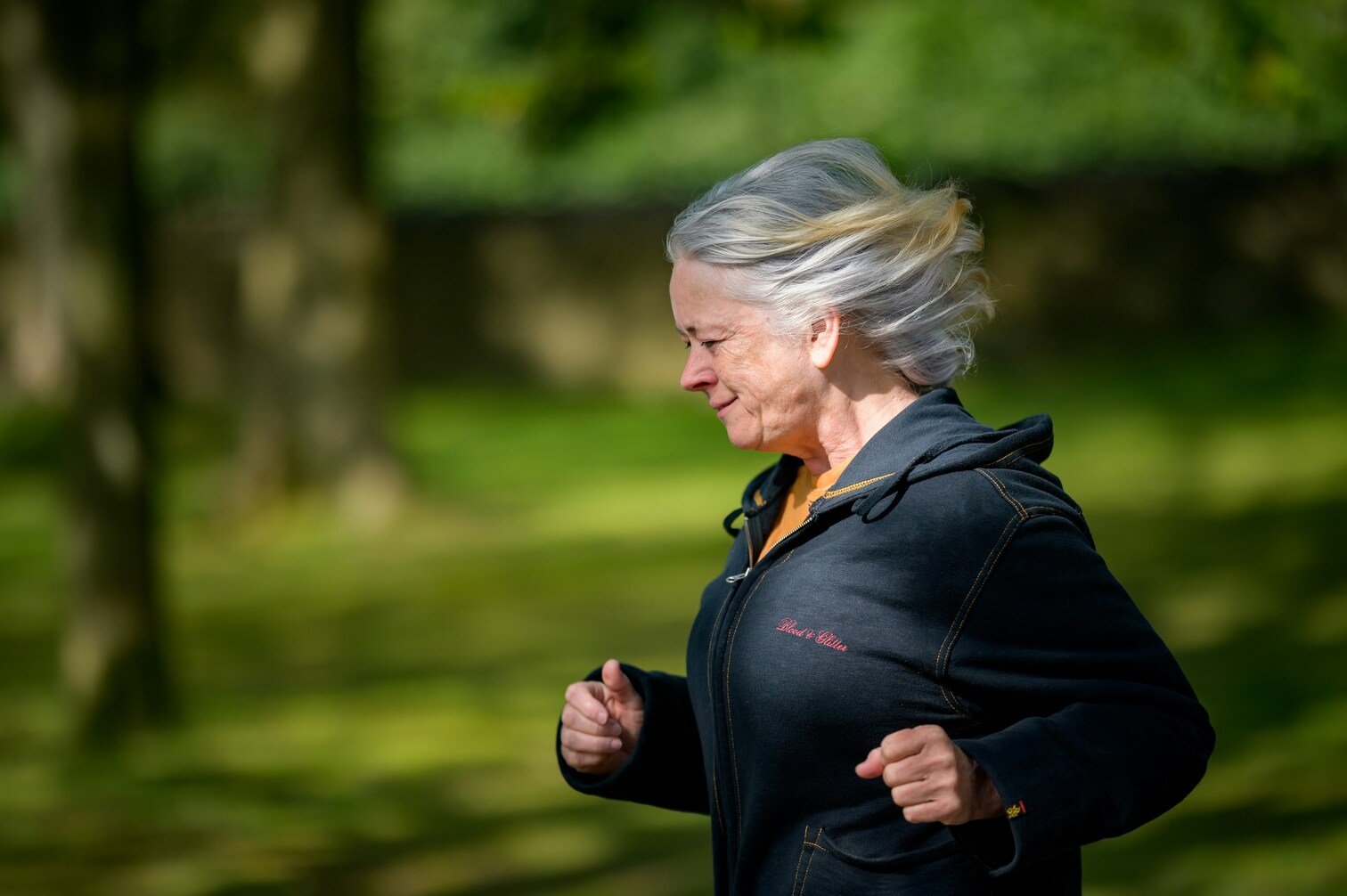At the forefront of this year's meeting was the topic of rebuilding trust, in an era of rapid change and increased fragmentation. Davos 2024 opened with a call for global cooperation from Professor Klaus Schwab.
UN Secretary-General António Guterres called for reforms to global governance. He warned that geopolitical divisions are hindering a global response to challenges like climate change and artificial intelligence, as he proposed a 'reformed, inclusive, networked multilateralism.'
WEF partners with many international organizations and corporations to run projects addressing global concerns. This year collaborations are focused on building resilience for the next generation - creating growth and jobs for a new era, reimagining globalization - achieving security and cooperation in a fractured world, rewiring for AI, navigating the green transition - a long-term strategy for climate, nature, and energy, and addressing the empowerment gap and economic inclusion.
While extreme weather was identified as the bigger risk in 2024, on WEF's latest Global Risk Report, misinformation and disinformation came second and were found to be the most severe global risk over the next two years. This could pose a particular threat as billions of people head to the polls in the biggest election year in history. Major economies from the United States to India and Mexico will hold elections this year.
Additionally, efforts have been made to renew commitment towards cooperation and collaboration between individuals, businesses, and governments. Over the last few years, the world has seen an increasing trend towards nationalism and protectionism. However, with climate change presenting global challenges, the meeting called for a renewed sense of international cooperation.
Ursula von der Leyen, President of the European Commission, mentioned in her speech that this is 'a time to drive global collaboration more than ever before.' Europe is uniquely placed to foster this global solidarity and cooperation, specifically referring to the urge for predictable financing for Ukraine throughout 2024 and beyond.
Whilst European Central Bank President Christine Lagarde takes the "global collaboration" to a much narrower pitch, saying that Europe must be "strong at home" and go on the offensive in the face of a potential return of Donald Trump to the White House. With that in mind, Lagarde said Europe should invest more in its capital markets to fund investments, such as, for instance, in the green transition.
Last year at Davos, crypto discussion dominated panels. This year, AI took over as the cool kid on the block, being announced as a driving force for the economy and society.
The tone of panel discussions about the technology was decidedly optimistic; even OpenAI CEO Sam Altman, who had previously joined a chorus of voices warning AI could lead to human extinction, said during the week that AI will "change the world much less than we all think." Salesforce CEO Marc Benioff said the tech industry is working to ensure artificial intelligence is developed safely enough to make sure that the world avoids a "Hiroshima moment."
If individuals, businesses, and the economy are to take advantage, reskilling is essential, with technology playing a major role. A new and exciting project was announced by Satya Nadella: the Global Collaboration Village, a partnership between WEF, Microsoft and Accenture, being "a purpose-driven metaverse platform that brings leaders together to solve real-world problems through the collaborative potential of virtual reality".
The need to balance the development and governance of AI is a crucial point to most of the speakers. Microsoft President, Brad Smith, said he expects to see more convergence in global regulation, while António Guterres and Spanish Prime Minister, Pedro Sánchez, both called for enhanced efforts around AI governance. As Emmanuel Macron said, we need to focus on growth and safety and ensure you have global regulation - not just European regulation.
Looking at economic inclusion, Kristalina Georgieva, IMF Managing Director, said that collaboration and cooperation are central, and stressed the need to move financial resources from 'where they hurt' to 'where they help.' Leaders need to embrace the responsibility to act, even if it is not popular.
Truth is the global economy is on course to record its worst half-decade of growth in 30 years, according to the World Bank. Global growth is forecast to slow for the third year in a row in 2024, dipping to 2.4% from 2.6% in 2023, the bank said in its latest "Global Economic Prospects" report.
Wrapping up after 5 meeting days, what are the final conclusions one can take?
In Paul Polman's words, "Climate has clearly fallen back on the agenda, and that's a shame." The organization's focus on geopolitics and AI is understandable, he acknowledged, given the wars in Europe and the Middle East and the rollercoaster evolutions in generative AI.
The truth is the challenges we are facing affect all of us. Rising temperatures, a still fragile economy and a deteriorating security landscape are not bound by borders. Børge Brende – President of the WEF, stresses that there is no more country, corporation, community, or individual isolated from the global shocks. You cannot leverage opportunities alone.
That is why the WEF aims from this year's meeting forward to start restoring trust at three fundamental levels: in our future, within societies and among nations.
Brace yourselves. Turbulent times ahead
Have a great and impactful week!
Executive Director of the Portuguese Water Management Pact
Corporate Sustainability Officer at Vieira de Almeida
*This article refers to edition #225 of the "Have a Great and Impactful Week" newsletter, an initiative of the Center for Responsible Business & Leadership.



